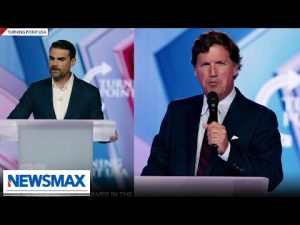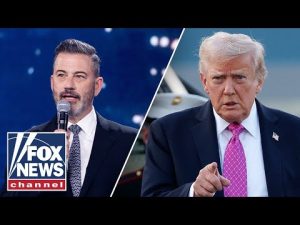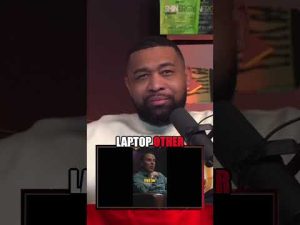In a shocking incident that has left many Americans reeling, a well-known CEO from United Healthcare was killed on the streets of New York. This tragedy raises pressing questions about the state of safety in urban areas and how our political landscape may contribute to rising violence. The unfortunate death of this healthcare executive is not just an isolated event; it symbolizes deeper societal issues that conservatives have long been warning about.
First and foremost, the safety crisis in New York cannot be ignored. With rising crime rates and a series of high-profile violent incidents, one must consider the role of local policies that have essentially tied the hands of law enforcement. It appears that the consistent narrative pushed by the left, which paints police officers as villains rather than protectors, has created a hostile environment where chaos can flourish. When city leaders emphasize that police should refrain from intervening in potentially dangerous situations, it sends a clear message: certain behaviors are acceptable, and consequences for violent actions are flimsy at best.
Moreover, the reactions to this CEO’s death expose a troubling mindset among some on the left. It’s disheartening to see individuals who take pleasure in the death of someone simply because of his profession. The belief that one’s career choices—especially in a challenging field like healthcare—should warrant such hostility reflects a dangerous trend in our political discourse. While it’s perfectly reasonable to debate healthcare policies and corporate practices, celebrating violence against those you disagree with is a step too far. It’s a slippery slope that threatens to undermine our democratic values.
This incident also sheds light on the broader implications of how power dynamics are perceived in modern society. For many on the left, being on the “right side” of social issues seems to justify extreme actions, including physical violence. Rather than promoting dialogue and compromise, the focus has shifted to domination and demand for compliance. This mentality fosters an environment where dissenting opinions are not just unwelcome but, it seems, detrimental to one’s survival. If politicians, activists, and everyday citizens begin to accept this mindset, the fabric of our society could very well unravel.
The parallels between this event and past riots and social movements are striking. The same unchecked aggression that fueled the Black Lives Matter protests is now manifesting in other forms of political violence. Just as those protests were rooted in frustration and anger—often misdirected—so too does the response to this CEO’s death reflect a broader malaise within our society. It raises critical questions about how we choose to express our grievances. Should we resort to violence and intimidation when we feel disenfranchised? Absolutely not.
In conclusion, the death of the United Healthcare CEO should serve as a wake-up call for all Americans. It’s imperative to address the systemic issues leading to violence and insecurity, starting with a respectful dialogue about our differences. The actions and attitudes prevalent on the left threaten not just individuals but the very foundation of our nation. A society that condones violence as a means of expression is one that ultimately risks becoming unrecognizable. It’s time for responsible citizens, regardless of political affiliation, to reject this path and advocate for a more civilized approach to political discourse.







